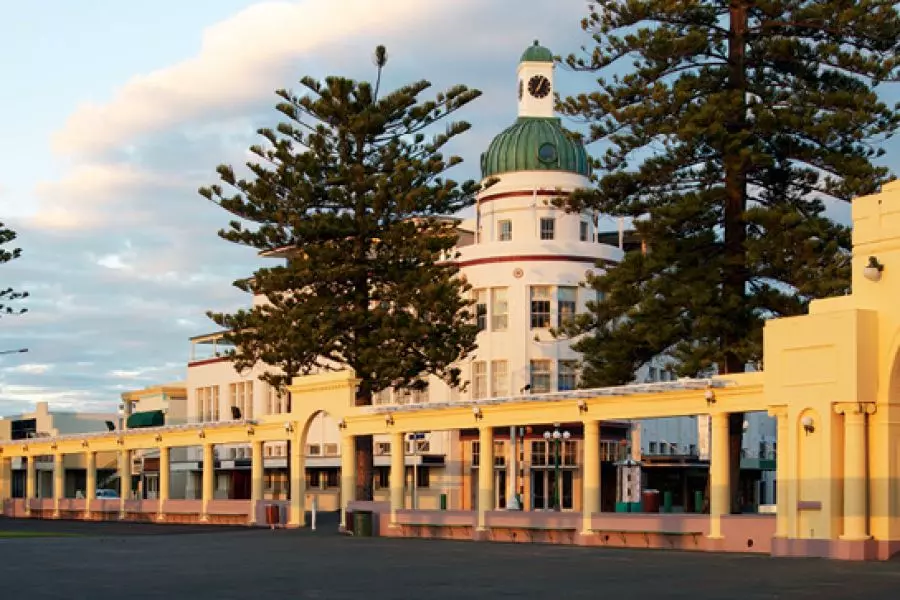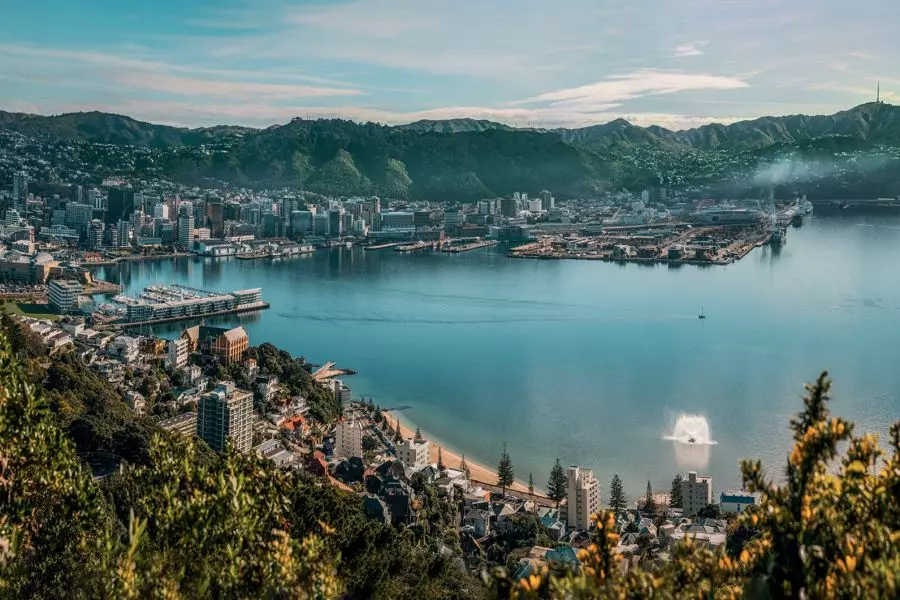News
Auckland central: Money in metropolis
Thursday 8th of April 2010
After two decades of massive growth in the Auckland CBD population, the boom in residential apartments has changed the character of the city immeasurably.
And, after a two-year rollercoaster ride, the market is looking healthier. Best of all, the opportunities for investors in 2010 look distinctly exciting.
Strong immigration levels in 2009 remained well above forecasts and ther...
Want to read the full article?
Click the button below to subscribe and will have unlimited access to full article and all other articles on the site.
8 min read
10 min read






![[The Wrap] Bye Bye Bayly](https://goodreturns.publit.io/file/c_fill,w_900,h_600/39f23ac1-f7c7-4854-b700-a150004ebbac.webp)


